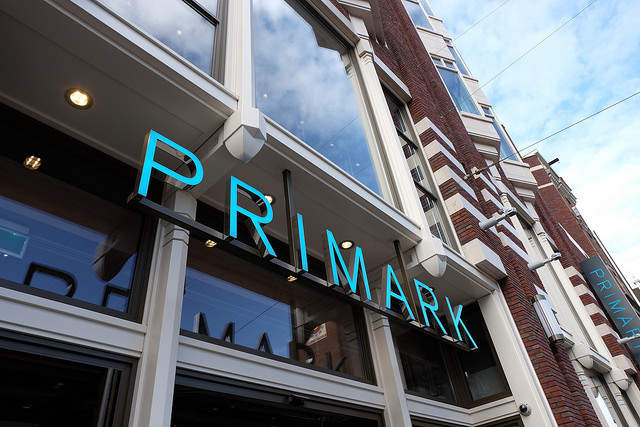
Primark has released a list of its manufacturers and suppliers following a similar move by other fashion retailers including H&M, C&A, Adidas, Esprit and Gap.
Several organisations focused on improved labour conditions in the textile industry have been asking for these lists for a long time, but until now Primark has been unwilling to divulge fearing its competition could take advantage of the information.
A Primark spokesperson said: “Primark has not published details of its suppliers’ factories up to now, as we regarded this information as giving us commercial advantage. However, with 98% of the factories making products for Primark also manufacturing for other brands, and with a number of those retailers now publishing details of their sourcing, we have taken the decision to share our information.
The list released by the retailer contains more than 900 factories across 31 countries including 500 Chinese, 173 Indian and 78 Turkish factories. It also gives and overview of the number of employees in each factory and male-female ratio. Primark does not show where each item is manufactured, but the information does give an overall picture.
The spokesperson said: “Primark does not own any factories and requires all its suppliers’ factories to meet its Code of Conduct, which is based on the standards of the International Labour Organisation, a United Nations body. Primark’s Ethical Trade and Environmental Sustainability Team, which consists of over 100 people based in key sourcing countries, is responsible for monitoring compliance with its Code. This team will also be responsible for providing updates to the Primark Global Sourcing Map on a twice-yearly basis.”
In January investigation has found Indian garment suppliers for large brands including Hugo Boss, Mothercare, Debenhams and Primark enforcing slave labour by holding female workers captive

US Tariffs are shifting - will you react or anticipate?
Don’t let policy changes catch you off guard. Stay proactive with real-time data and expert analysis.
By GlobalDataPrimark accepted responsibility to improve employment conditions in the region and have been working with UK and International brands, NGOs and worker right organisations in order to accomplish it.
A Primark’s Spokesperson said: “We are aware that the sector in this region has issues, which we are seeking to improve in accordance with the UN’s Guiding Principles that encourage companies to work for improvement through collaboration, which is necessary given mills supply many brands.”
“We have been a member of the ETI TNMS programme in the region since 2012, working to improve conditions in the spinning mills, including Sulochana Mills,” Spokesperson concluded.
The Clean Clothes Campaign, which works to improve working conditions in the global garment industry, said it welcomes Primark’s openness.
“Transparency is one of the most important steps to identify and eliminate problems”, Berndt Hintzmann, who works for the organisation’s German division, said.
He said he feels Primark should now have a few public goals to improve labour conditions in the textile industry, adding: “If major chains like H&M and Primark join forces that could have huge results.”



